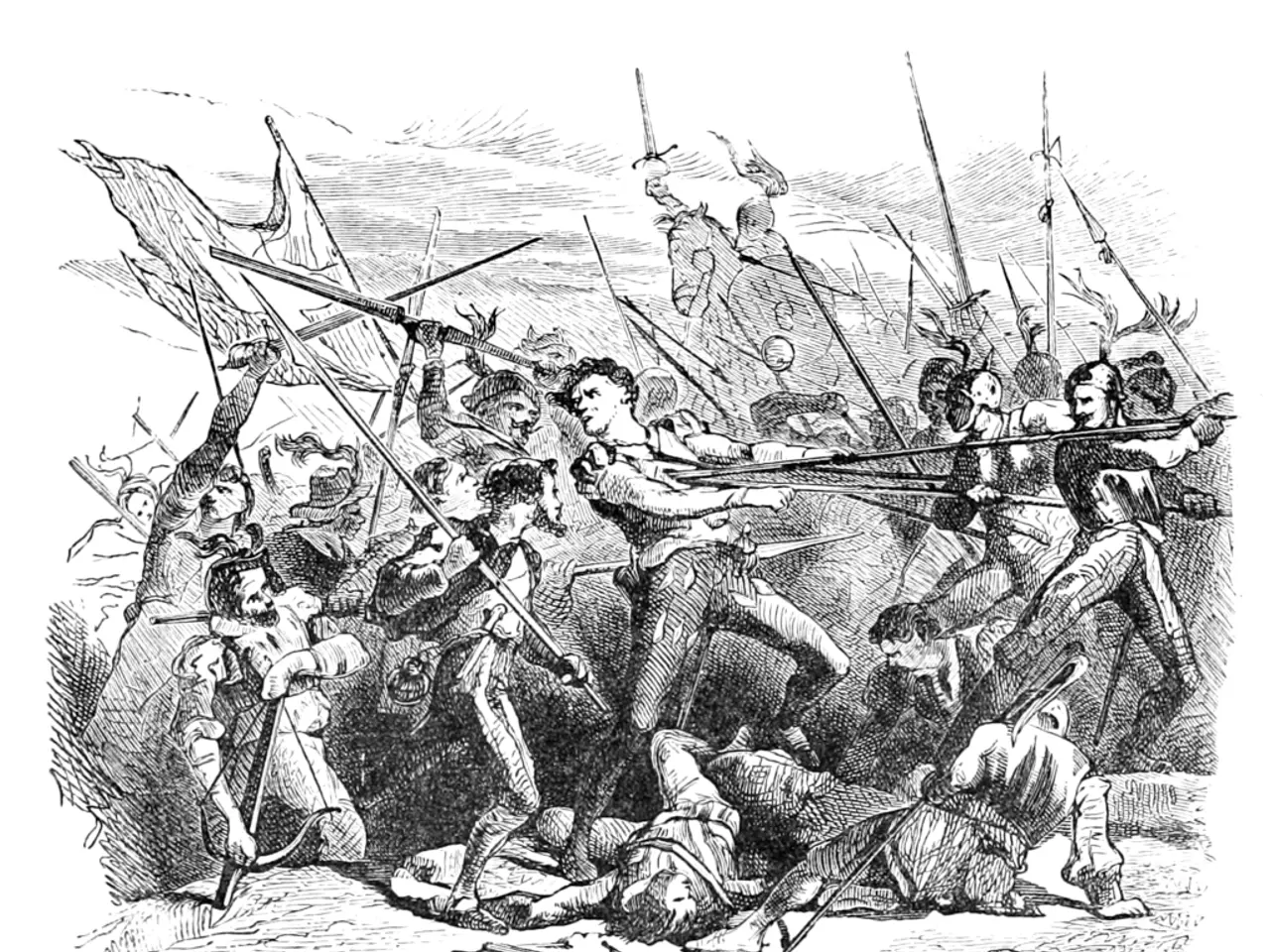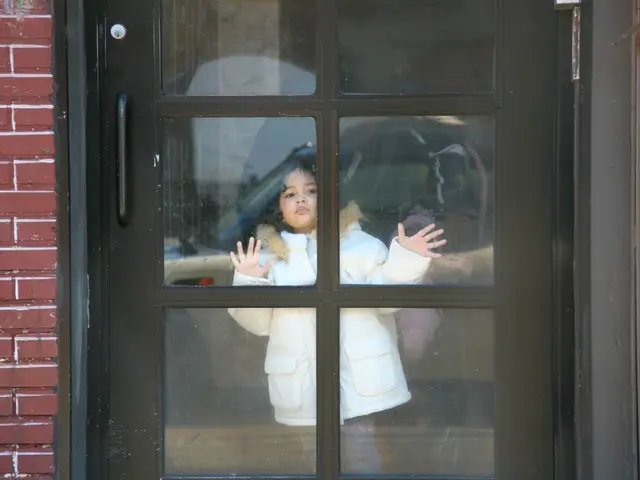France's President Macron acknowledges use of 'repressive force' during Cameroon's struggle for independence
France Acknowledges Repressive Violence in Cameroon's War of Independence
In a historic move, French President Emmanuel Macron has publicly recognised the use of "repressive violence" by France during the Cameroonian War of Independence and the subsequent post-independence conflict from 1956 to 1971.
The war, which went largely unnoticed in France due to its focus on troops from African colonies and the overshadowing French fight during Algeria's war of independence, was a protracted guerrilla war against the Union of the Peoples of Cameroon (UPC), a left-wing independence movement. France sought to suppress the UPC by supporting repressive state actions, both during the colonial period and after Cameroon’s 1960 independence.
Macron's acknowledgement came in a 2025 letter to Cameroon's President Paul Biya, made public in 2025 but dated July 30, 2022. The letter officially recognised that France’s military and colonial authorities deliberately used repressive violence, including funding paramilitary groups and sending hundreds of thousands to internment camps.
To delve deeper into France's role in Cameroon's history, Macron announced the creation of a historical commission in 2022 during a trip to the Cameroonian capital Yaounde. The Franco-Cameroonian Commission of historians, comprising both French and Cameroonian historians, looked into France's role in Cameroon between 1945 and 1971 based on declassified archives, eyewitness accounts, and field surveys. The commission's findings were presented in a report published in January, which concluded that France implemented mass forced displacement, pushed hundreds of thousands of Cameroonians into internment camps, and supported brutal militias.
While Macron acknowledged the repressive violence and pledged to open French archives, he stopped short of issuing a formal apology or proposing reconciliation actions. This acknowledgement, however, marks a significant step towards addressing a once-taboo aspect of France's historical record.
In the present day, Cameroon is grappling with its own political issues. Paul Biya, who has been in office since 1982, is seeking an eighth term in office in a presidential election scheduled for October. Biya's main opponent, Maurice Kamto, had his candidacy rejected by the Cameroonian constitutional court in a decision Kamto called "arbitrary".
This news serves as a reminder of the complex and often fraught history between France and its former colonies, and the ongoing efforts to address and reconcile past wrongs.
References:
- BBC News. (2022, January 20). France 'responsible for Cameroon atrocities'. [online] Available at: https://www.bbc.co.uk/news/world-africa-56281923
- The Guardian. (2022, January 20). France 'bears overwhelming responsibility' for Rwandan genocide, historians say. [online] Available at: https://www.theguardian.com/world/2022/jan/20/france-bears-overwhelming-responsibility-for-rwandan-genocide-historians-say
- France 24. (2022, January 20). Macron acknowledges France's role in Cameroon's post-independence conflict. [online] Available at: https://www.france24.com/en/live-news/20220120-macron-acknowledges-frances-role-in-cameroons-post-independence-conflict
- The New York Times. (2022, January 20). France Acknowledges Role in Cameroon’s Post-Independence Conflict. [online] Available at: https://www.nytimes.com/2022/01/20/world/africa/france-cameroon-history.html
- The acknowledgement by Macron of France's repressive violence in Cameroon's War of Independence and subsequent conflict raises questions about the role of politics and policy-and-legislation in war-and-conflicts, particularly in the context of human rights and education.
- The arts, including historical commissions, can play an essential role in exploring and presenting stories from war-and-conflicts, such as the Franco-Cameroonian Commission of historians.
- The ongoing political conflict in Cameroon, marked by disputes over policy-and-legislation and human rights, demonstrates the complex relationship between politics and war-and-conflicts.
- General news outlets have played a critical role in shining a light on war-and-conflicts, past and present, including the use of repressive violence by France in Cameroon and the ongoing political issues in Cameroon.








